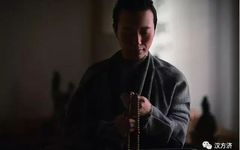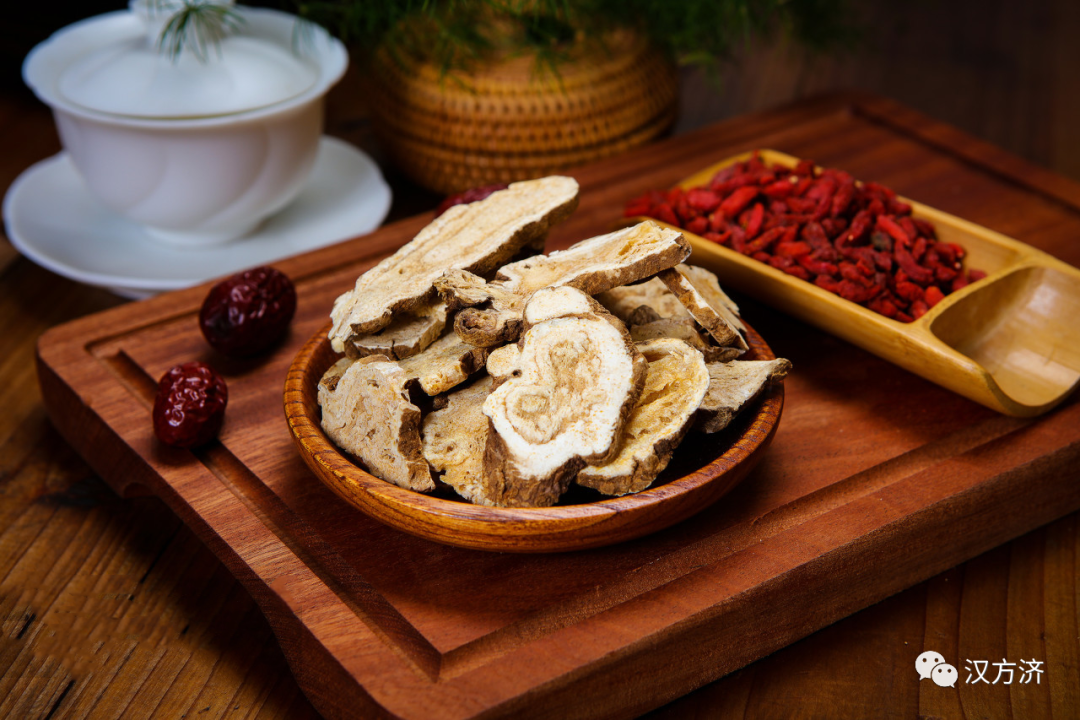
Traditional Chinese Medicine (TCM) believes that the five organs house the five spirits, and eating is akin to offering sacrifices to our “five organ spirits”.
But do you know why the “five organs” are referred to as “temples”? The concept of the five organs housing spirits may seem mystical, yet it is grounded in evidence. The “Ling Shu” states: “When the blood and qi are harmonious, the defensive and nutritive qi are unobstructed, the five organs are complete, the spirit resides in the heart, and the soul and spirit are fully present, then one becomes a person.”
This means that only when both form and spirit are present can a person be considered healthy and vibrant.
Here, form refers to the five organs: Heart (Xin), Liver (Gan), Lung (Fei), Spleen (Pi), and Kidney (Shen); while spirit refers to the psychological aspects housed within the five organs: Shen (Spirit), Hun (Soul), Po (Corporeal Soul), Yi (Intellect), and Zhi (Will), collectively known as the “five emotions” in TCM.
The “five emotions” are not a mere figment of imagination; they have a material basis, which is essence (Jing Qi), stored within the five organs.
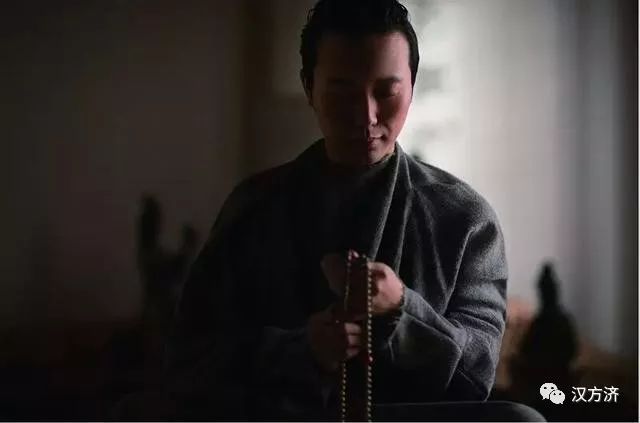
What is the theory of “the five organs housing spirits”?
TCM posits that “the heart is the sovereign organ, from which the spirit emerges.” The heart has the function of housing the main spirit, meaning it governs the spiritual activities of the body. Modern medicine often treats brain diseases by addressing the heart.
However, TCM also speaks of the “five spirits” theory, which asserts that spiritual activities are governed by the five organs, specifically: “the heart houses the spirit, the lung houses the corporeal soul, the liver houses the soul, the spleen houses the intellect, and the kidney houses the will,” collectively termed “the five organs housing spirits”.
What do the spirits housed in the five organs refer to, and how are they related to the five organs?
Five Spirits: Hun, Shen, Yi, Po, Zhi can be simply understood as follows: the spirit primarily refers to the unpredictable nature of mental activities, Hun refers to the “subconscious” of a person, Po refers to sensory perceptions such as temperature and pain, Yi refers to thought processes and inspirations, and Zhi refers to memory and willpower. All these are related to brain function. The five spirits are not absolutely independent; they are closely interconnected, making it difficult to distinguish them clearly, and they collectively maintain the normal state of the human spirit.
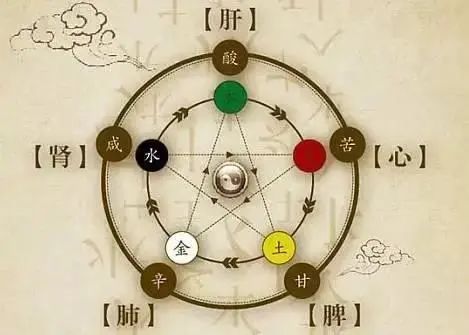
(1) Spirit and Heart:
In TCM, the term spirit is very broad, encompassing all human mental and psychological activities. Sensory perception, cognitive processes, memory processes, and the generation of thoughts are attributed to the heart, termed “the heart houses the spirit”. This is the foundation and premise of our perception, thinking, will, and emotions, so the function of the heart permeates the other “four spirits”, serving as their foundation and premise. In this sense, the heart spirit is merely a leader and does not represent the specific.
However, when the five spirits are listed together, the spirit here refers to the mysterious and unpredictable nature of human mental activities. When the heart spirit is clear, all our spiritual activities are normal and responsive. Conversely, when the heart spirit is unclear, as in the case of patients with mental illness or coma, spiritual activities cease to exist, let alone change.
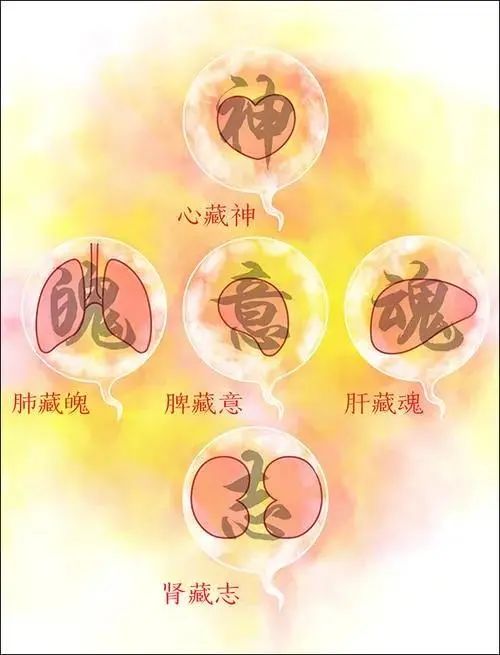
(2) Hun and Liver:
We often hear phrases like “the soul is not at home”, “the soul is entangled in dreams”, and “frightened to the point of losing one’s soul”. Here, Hun primarily refers to attention, subconsciousness, and judgment, and is related to sleep. TCM believes that “the liver stores blood”; the liver can maintain our mental comfort and is regarded as “the general organ, from which strategies emerge”. When liver blood is deficient, the spirit is not nourished, leading to issues such as difficulty concentrating, vivid dreams, talking in one’s sleep, or even sleepwalking.
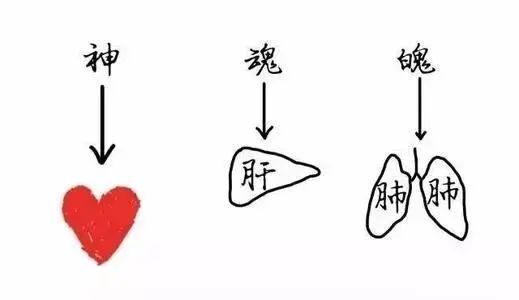
(3) Po and Lung:
Generally, the auditory perception of the ears, the visual perception of the eyes, and the sensory functions of the skin such as temperature and pain are considered to be governed by Po. TCM holds that the lung governs qi, assists the heart in circulating blood, and controls the skin and hair. When qi and blood are sufficient and distributed throughout the body, sensory functions are normal.
(4) Yi and Spleen:
Yi refers to “thinking, contemplation, intention, and inspiration”.
TCM believes that the spleen governs emotions related to “thinking”; only through contemplation can intention and inspiration arise. The spleen is the master of the digestive system and the foundation of postnatal life, serving as the basis for generating qi and blood. Only when the spleen and stomach function well can there be sufficient qi and blood to nourish the brain, leading to clear thinking.
If the spleen and stomach are deficient, leading to insufficient qi and blood production, the brain will lack nourishment, and thus “Yi” will not be effective.
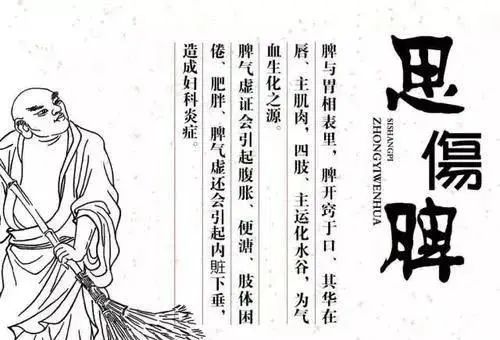
(5) Zhi and Kidney:
Zhi refers to memory and willpower. The brain is the anatomical basis for all emotional activities. As animals evolved, with the increase in brain capacity, they became increasingly intelligent. TCM believes that the fullness of the brain marrow depends on the amount of kidney essence.
The kidney governs the storage of essence, which can transform into brain marrow. When kidney essence is abundant, the brain marrow is full; when kidney essence is deficient, the marrow sea is insufficient. As we age, with the decrease of kidney essence, the brain gradually shrinks, and memory declines significantly. Therefore, tonifying kidney essence and replenishing brain marrow is also an important method for treating brain diseases.
In summary, TCM holds that the five organs form a systematic whole. The spiritual activities of a person—Hun, Shen, Yi, Po, Zhi—are distributed among the five organs, but the heart is the primary organ. The function of the brain is closely related to the heart, yet also connected to the five organs. For abnormal conditions of spiritual consciousness, thinking, and emotional activities, one should not simply attribute them to changes in the heart and brain, but should treat them from the perspective of the five organs.
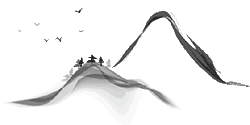

★ Organizing and editing is not easy. If you encounter good and useful formulas, please consider saving and sharing them ★
So that more people in need can see them!
Save – Share ● Yin De – Wuliang
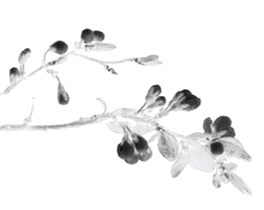


 【Disclaimer】This article is sourced from the internet and organized and published by Han Fang Ji, intended for learning, communication, and popularizing TCM knowledge. All content within this account is not to be considered as prescriptions. The content is for reference by professionals only; non-professionals should consult local qualified physicians for diagnosis and treatment. All consequences are unrelated to this account.
【Disclaimer】This article is sourced from the internet and organized and published by Han Fang Ji, intended for learning, communication, and popularizing TCM knowledge. All content within this account is not to be considered as prescriptions. The content is for reference by professionals only; non-professionals should consult local qualified physicians for diagnosis and treatment. All consequences are unrelated to this account.

